 Henry Stanley
Henry Stanley
Entry Category: Government and Politics
 Henry Stanley
Henry Stanley
Stanley, Henry Morton
aka: John Rowlands
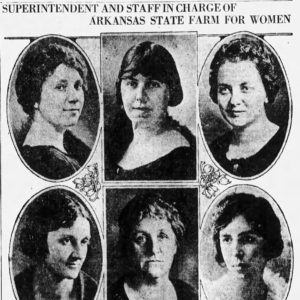 State Farm for Women Article
State Farm for Women Article
State Parks Division
aka: State Parks
aka: Arkansas State Parks
 State Quarter Launch
State Quarter Launch
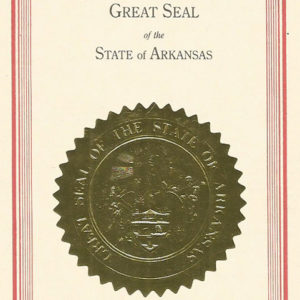 State Seal
State Seal
State Treasurer, Office of
aka: Office of Treasurer
States’ Rights Democratic Party
aka: Dixiecrats
 Tracy Steele
Tracy Steele
Steelman, John Roy
Stephens, Witt
aka: Wilton Robert Stephens
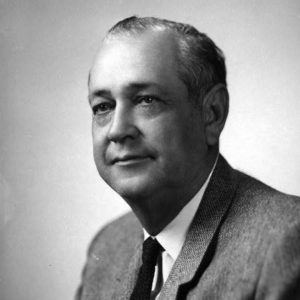 Witt Stephens
Witt Stephens
Stephenson, M. L.
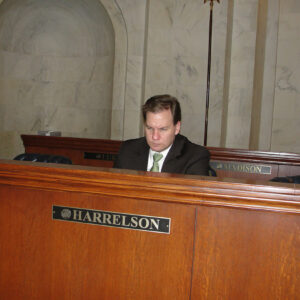 Steve Harrelson
Steve Harrelson
Stirman, Erasmus Irving
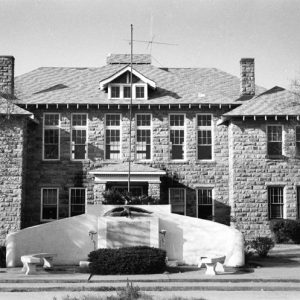 Stone County Courthouse
Stone County Courthouse
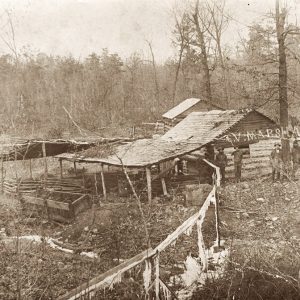 Stone County Still
Stone County Still
Stovall, Bill H. III
Stroger, John Herman, Jr.
Stuck, Dorothy
Sundown Towns
aka: Racial Cleansing
 Sundown Town Map
Sundown Town Map
Sunken Lands
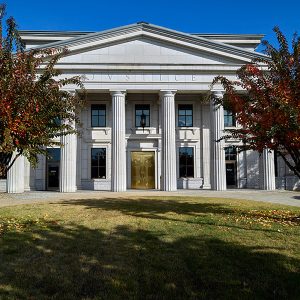 Supreme Court Building
Supreme Court Building
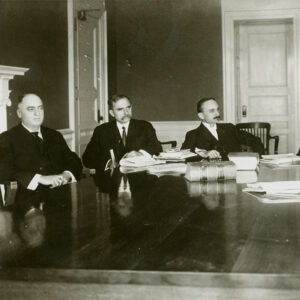 Supreme Court Members
Supreme Court Members
Supreme Court of Arkansas
aka: Arkansas Supreme Court
Tackett, Boyd Anderson
Tahlonteskee
aka: Tolluntuskee
Takatoka
aka: Ticketoke
aka: Ta-Ka-To-Kuh
aka: De'gata'ga
aka: Degadoga
Taylor, Charles Edward
Taylor, Chester William
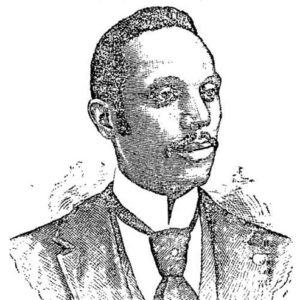 George Edwin Taylor
George Edwin Taylor
Taylor, George Edwin
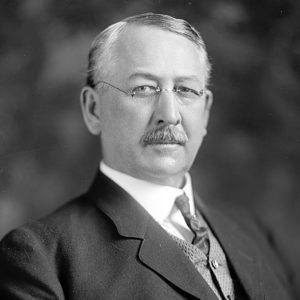 Samuel M. Taylor
Samuel M. Taylor
Taylor, Samuel Mitchell
Tebbetts, Jonas March
Ten Percent Plan (Reconstruction)
Term Limits
 Eula Terral
Eula Terral
Terral, Thomas Jefferson
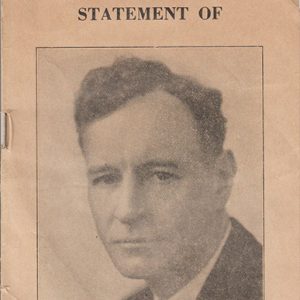 Terry Campaign Brochure
Terry Campaign Brochure
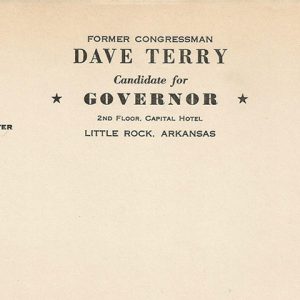 Terry Campaign Stationery
Terry Campaign Stationery
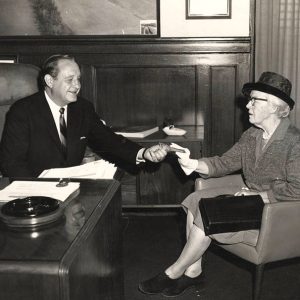 Adolphine Fletcher Terry
Adolphine Fletcher Terry
Terry, David Dickson
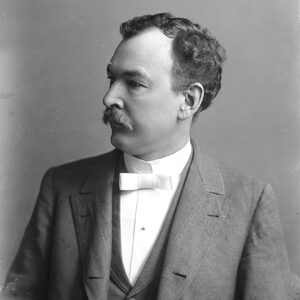 William L. Terry
William L. Terry
Terry, William Leake
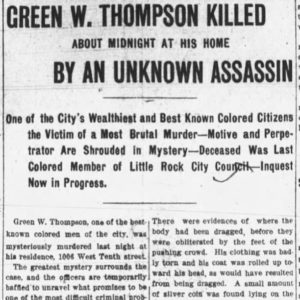 Green Thompson Murder
Green Thompson Murder
Thompson, Green Walter
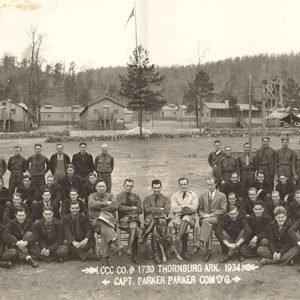 Thornburg CCC
Thornburg CCC
 Ray Thornton
Ray Thornton




